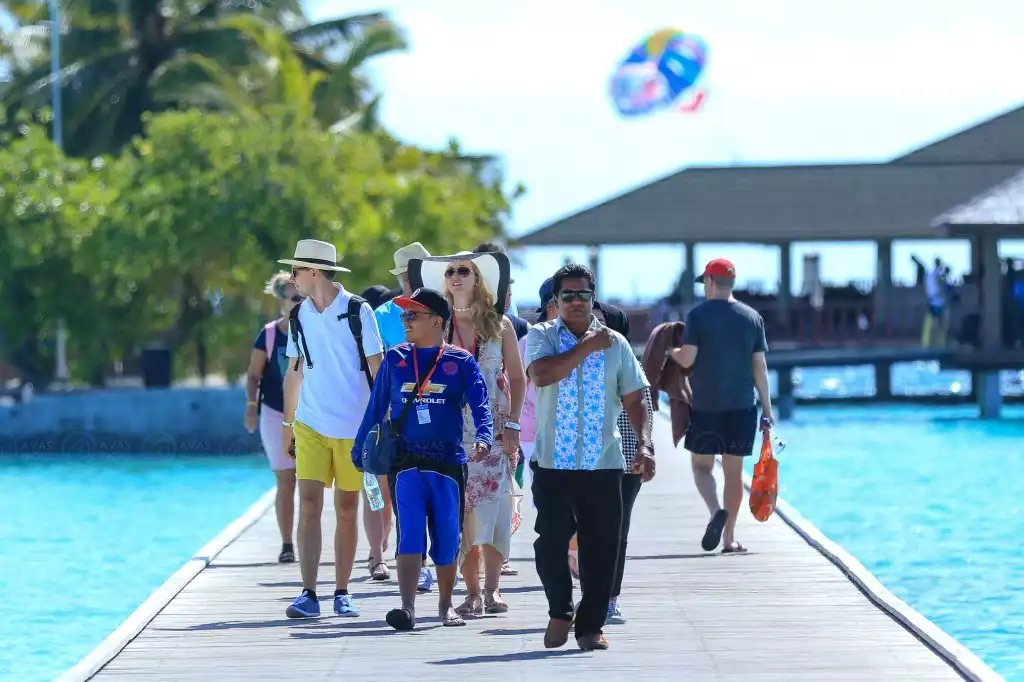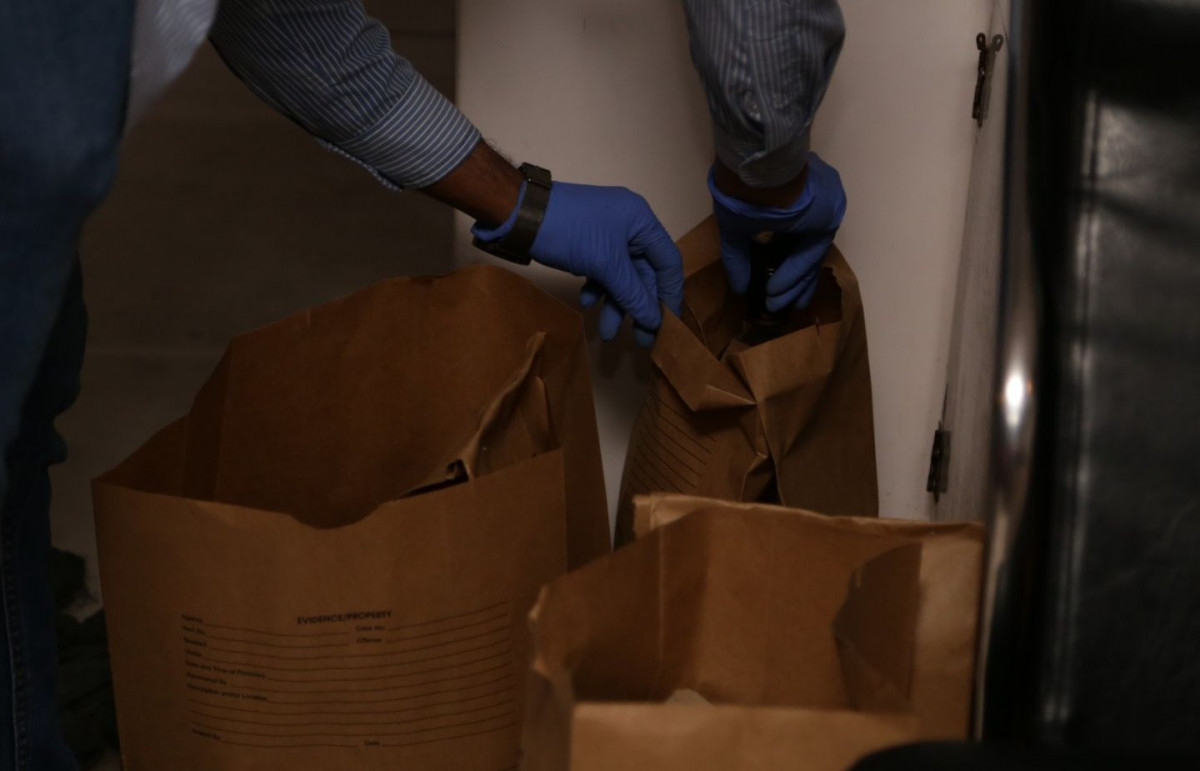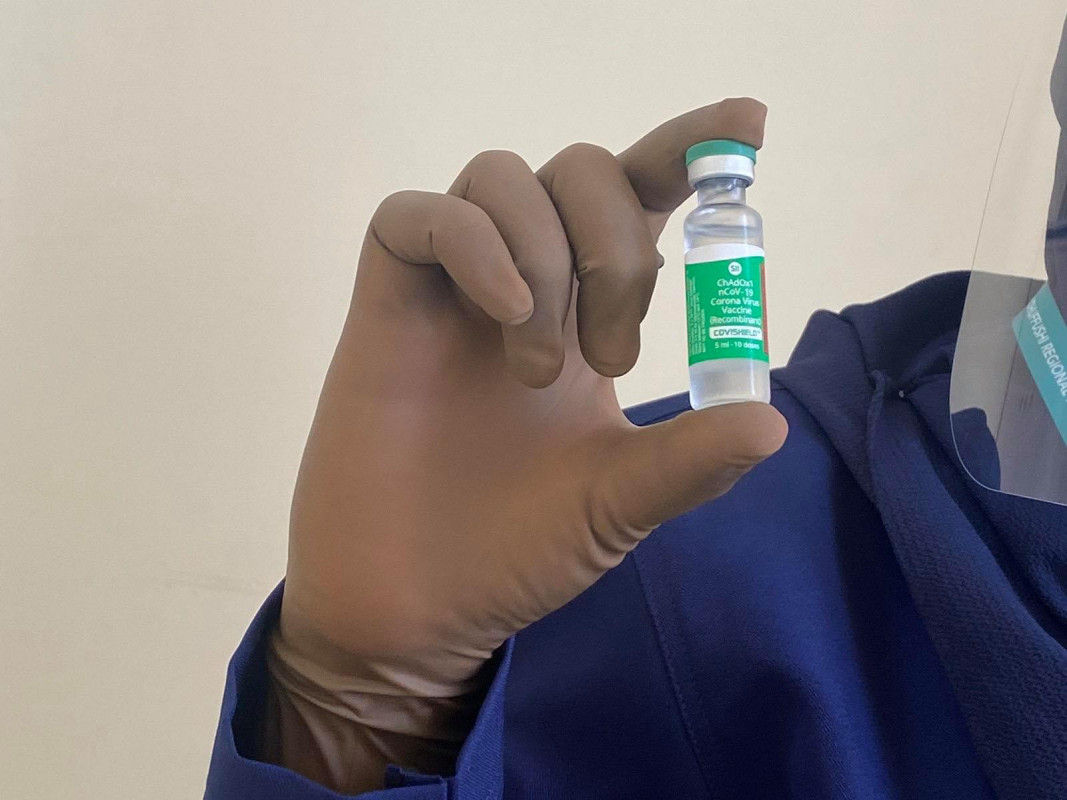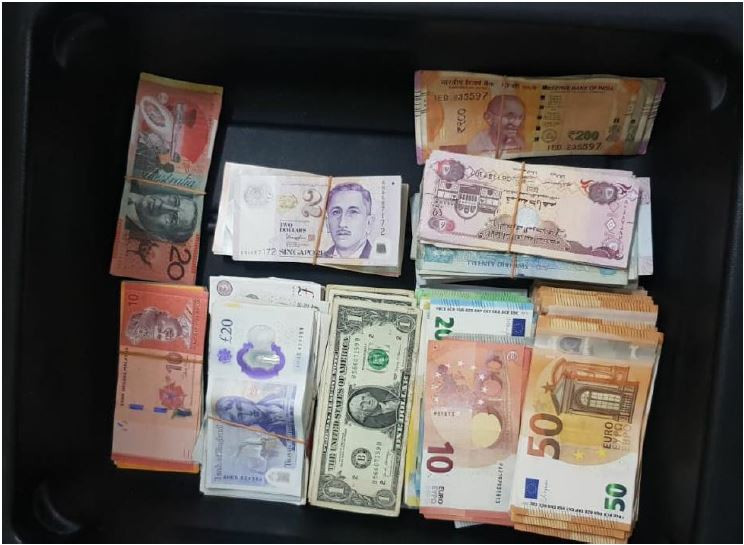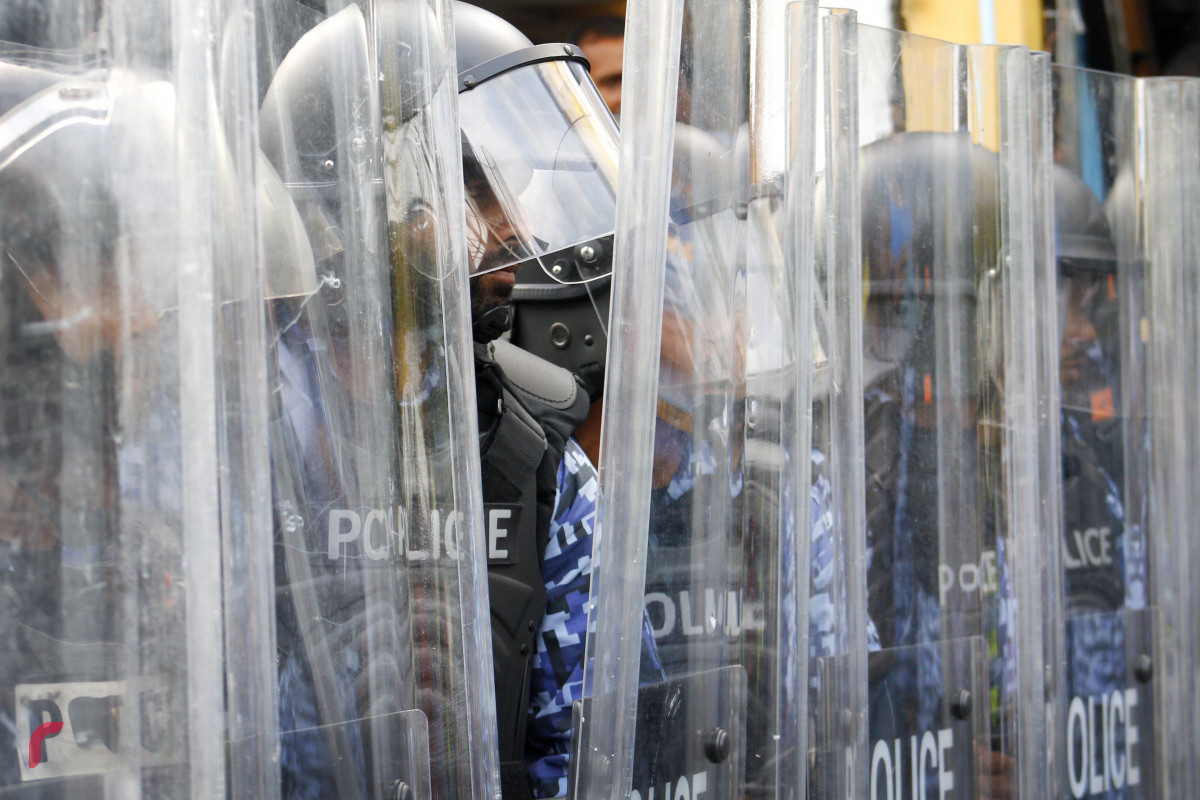Dr. Afrasheem, Raudha's cases: families refuse to accept commission's reports
The Commission on Murders and Enforced Disappearances forwarded the reports to the President’s Office earlier this month

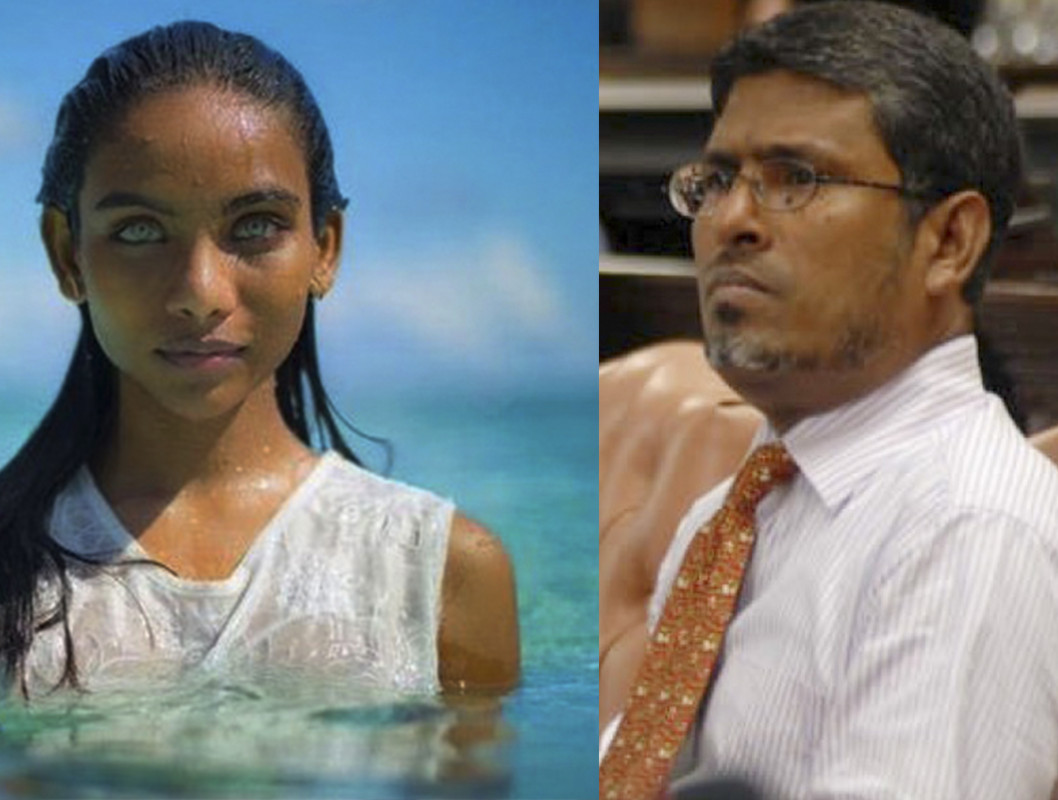
(L to R) Raudha Athif, Dr. Afrasheem Ali
Families of former lawmaker and model, whose deaths were investigated by the presidential inquiry commission, have said that they do not accept its report.
The Commission on Murders and Enforced Disappearances forwarded the reports to the President’s Office earlier this month, and they were forwarded to the relevant institutions last week.
The commission’s investigation does not show any political motivation behind the Ungoofaaru constituency MP Dr. Afrasheem Ali’s 2012 murder, while it ruled that model Raudha Athif’s death was a suicide.
Dr. Afrasheem was stabbed to death in the stairwell of his house in the capital city in October 2012, and Raudha was found hanging from the ceiling fan in her dorm room in her hostel of the Islamic Bank Medical College of Bangladesh in March 2017.
Regarding its report on the late parliamentarian, his brother Abdul Nasir Ali said that the commission and police’s reports “do not match.”
Noting that the police had previously revealed that there was political motivation behind the murder with an MVR four million pay day, Abdul Nasir said that the commission’s report saying that it was religiously motivated “is unacceptable.”
He accused authorities of “playing a drama in the name of an investigation.”
The inquiry commission’s investigation showed that former Maldives National Defence Force (MNDF) officer Azlif Rauf was instructed to carry out the murder, but found no proof of a financial transaction. Former Police Commissioner Abdulla Riyaz had, back in 2012, claimed that an investigation into the murder showed that MVR four million was paid for the murder.
Riyaz was recently questioned by the commission.
In addition, Raudha Athif’s father, Dr. Mohamed Athif, says that he does not accept the commission’s report on her death.
The presidential commission had launched an investigation into Raudha’s death following a request from her father, despite it being declared as a suicide by Bangladeshi authorities.
Noting that a prominent Bangladeshi attorney had informed him that the Bangladeshi authorities’ report does not prove Raudha’s death a suicide, Dr. Athif claimed that his daughter’s neck had marks of strangulation.
Further accusing then-assistant commissioner of police of attempting to hide the facts in Raudha’s murder, her father had asked incumbent President Ibrahim Mohamed Solih and Home Minister Imran Abdulla to investigate this.
While authorities had ruled her death a suicide, a second postmortem was carried following Dr. Athif;’s request, which also ruled the same.
The 20-year-old was making waves in the international fashion industry, and had been the first Maldivian to be featured on the cover of the Indian edition of ‘Vogue’, at the time of her death.
